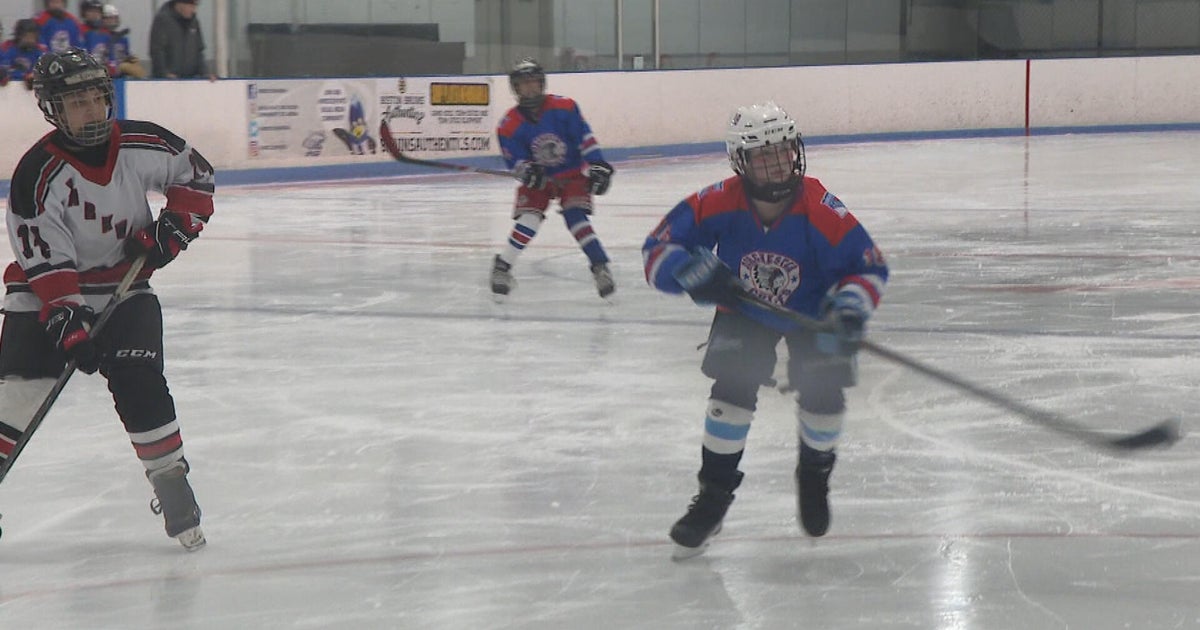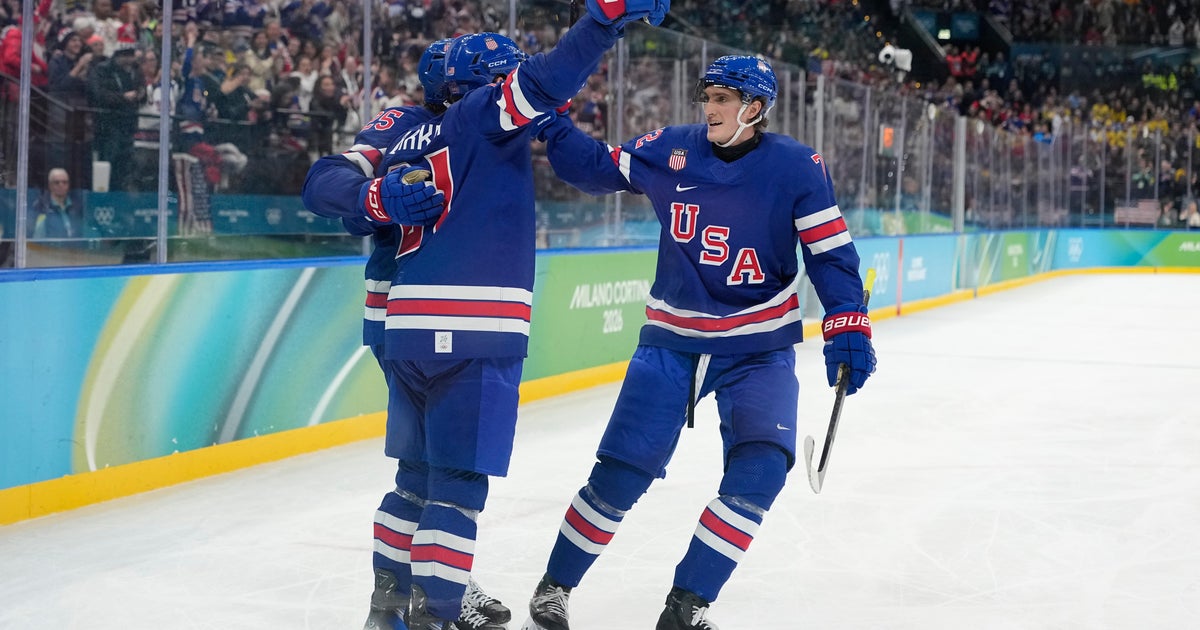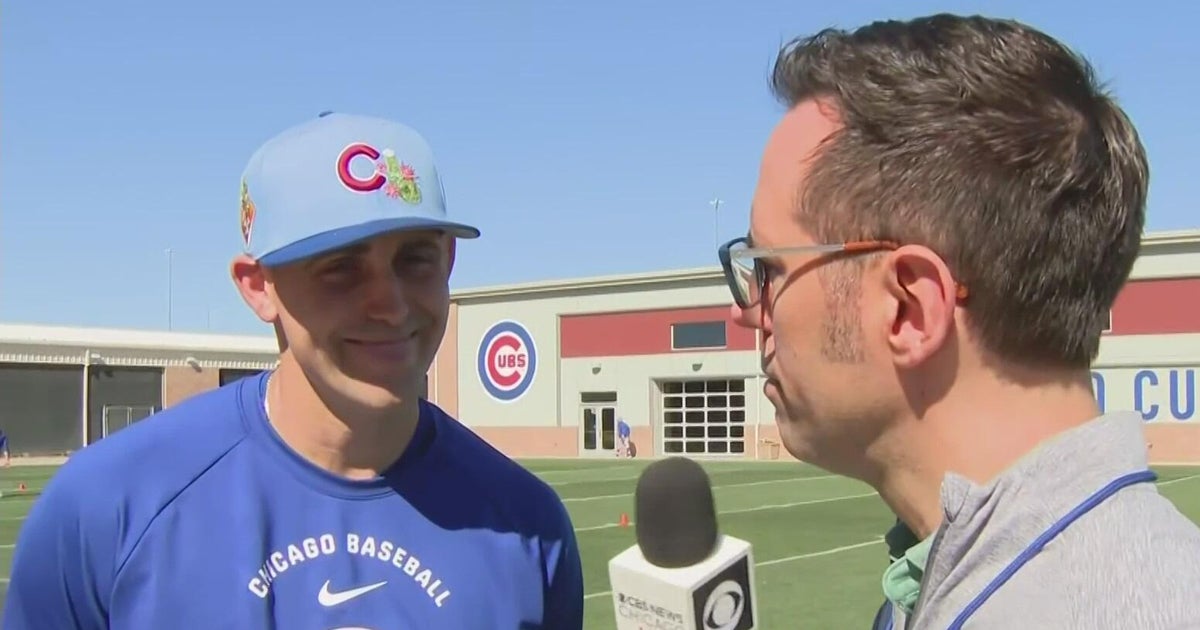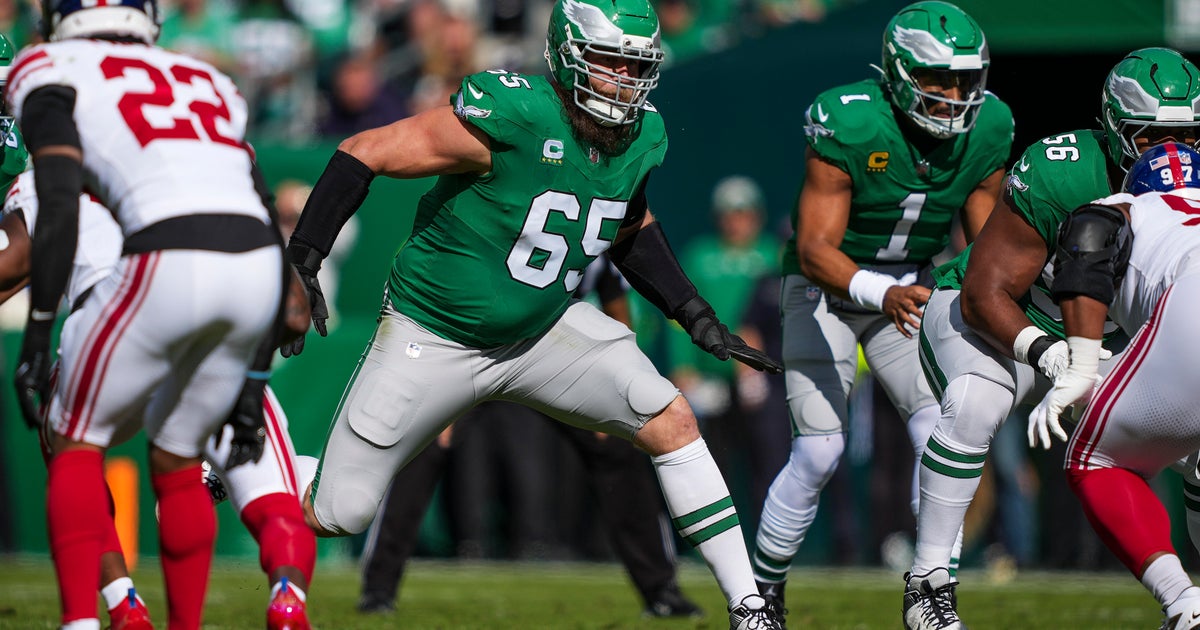Puck Talk with Popchock: Finishing Touches
By Matt Popchock
To begin my most recent blog post, I referenced the movie "Stripes." As long as I've got Bill Murray's resume on the brain, I might as well mention I felt like I was in the middle of "Groundhog Day" at the beginning of this week.
On Tuesday, when I watched the Capitals take on the Flyers, I saw a road team fritter away a comfortable lead, only to rally late and salvage the victory with a walk-off--er, "skate-off"--shootout goal. This is what happens when you've got two teams with a ton of firepower up front, but either don't have steady defense or a proven No. 1 between the pipes to balance things out on the back end.
Twenty-four hours earlier, I saw another road team, this time in Detroit, commit the same act of ineptitude, but again, the visitors eventually prevailed in the final round of the shootout. Each of us knows all too well who that road team is.
Despite the Penguins' obvious injury woes, their defensive competence and execution, in the bigger picture, has not wavered. The Penguins are on track to allow the fewest number of regular-season goals in franchise history, so they have less of an excuse to do what Washington did.
Maybe complacency is a factor here. When spotted a four-goal lead hockey players are, by nature, not always going to play with the same sense of urgency as they would when nursing a one-goal advantage. Still, the Pens had to know there was historical precedence for a collapse, and should have better braced themselves mentally for one.
The last time they blew a 4-0 lead on the road was not all that long ago. On the night of Dec. 20, 2007, the Penguins saw such a lead evaporate at TD Banknorth Garden in Boston, only to avoid embarrassment in the shootout, with a little help from backup goaltender Ty Conklin.
Guess what? The folks at Joe Louis Arena saw history repeat itself too. On Feb. 23, 1989, the Penguins built a 6-0 lead against the Red Wings. Paul Coffey was one of five different Penguin goal-scorers, as he netted a pair, and Mario Lemieux had racked up five assists. Amazingly, the game ended in a 6-6 tie.
But this isn't 1989. Teams don't score goals like points in a pinball game the way they did back then. As was the case Sunday, the Penguins on Monday let a game spiral out of control that they really shouldn't have, regardless of the opponent, and if not for a spectacular save by Brent Johnson, followed ultimately by a timely goal from James Neal, they'd be looking at another galling loss that might have been very damaging to the team's psyche after what happened the previous afternoon.
(Figures...Neal finally hits the net, and it won't count toward individual stats. But I digress...)
If the Penguins pick up where they left off in that third period when they take on the Flyers at the Wells Fargo Center Thursday, they won't have a lead to blow. Whatever happens Thursday, though, the victory in Detroit marked the sixth time this season--and the second time in as many days--the Pens have given up three or more goals in the final frame (four of those games were losses), and that's a problem.
Okay, I know sports is all about bottom line, and I know I should be happy that the Pens, when it was all over, did get the job done at The Joe. But it remains quite disturbing that the Penguins, in game number 73, are still having the same issues with poise and self-discipline that they were in game number 17 (a 7-4 home loss to Boston in which the Bruins racked up five in the third).
If this trend continues, the Penguins' spring, with or without Sid, may end even more abruptly than it did a year ago. Fortunately, even with a small handful of regular season contests to go, this can still be remedied in multiple ways.
Matt Cooke may be gone, but rejoining the Pens in Philly is a concussion-symptom-free Arron Asham, the former Flyer. Once upon a time, Asham was a serviceable role player for the cross-state rivals in the postseason, and though he doesn't necessarily bring what Cooke does, he is an equally welcome re-addition to the Pens' third or fourth lines and boosts team toughness, a boost the Penguins will need down the road.
But more importantly, Brooks Orpik is right behind him. I'm no mathematician, but I'm willing to bet the odds of the Penguins allowing four third-period tallies to the New York Rangers in a significant Atlantic Division contest probably go down drastically if Pittsburgh's No. 1 defenseman is on the ice for that third period.
Meanwhile, as previously stated in this blog, fans' reverence of Alexei Kovalev is duly noted, but it still doesn't make up for not having Orpik on the back end. This couldn't be more evident when Kovy took a needless penalty on Monday that led to one of the Wings' three third-period goals. Orpik is much more likely to cover his man in the defensive zone without taking that penalty.
In addition, since I've already mentioned the Bruins, I might as well take you back to when the B's tied the Penguins 2-2 in the closing seconds of their Mar. 5 meeting, prior to Dustin Jeffrey's overtime heroics. A six-foot-forever guy like Milan Lucic probably wouldn't be able to camp out in the slot area untouched and score the equalizer if Orpik were there.
The Pens are 6-3-2 in the 11 games Orpik has missed since breaking his finger during a 3-2 OT loss to San Jose Feb. 23. Fourteen out of a possible 22 points isn't shabby, all things considered, but in those 11 games the Penguins have seen seven leads either change or simply disappear. Plus, the Pens allowed 31 total goals in that stretch, and if you do the math, you'll see that's above the current team goals-against average of 2.48.
Protecting those leads starts with stability on defense, which can't be had without your most reliable blue-liner. When Orpik, in likelihood, rejoins the Pens for Sunday's game against the Florida Panthers at Consol Energy Center, it will mark the first time in over a month that their top four D-men--Orpik, Kris Letang, Zbynek Michalek, and Paul Martin--have been able to skate together.
Establishing a steady, unrelenting forecheck doesn't hurt either. After Tyler Kennedy scored against Jimmy Howard Monday, the Pens generated almost zero offensive pressure until it was nearly too late. On Sunday the Pens' lone redeeming moment of the third period was Chris Kunitz scoring fortuitously off a short-handed shot from the top of the right circle that a healthier Henrik Lundqvist would probably snag.
That's where Asham comes in. The Pens can't score without their superstars without spending lots of time in the attacking zone and paying a physical price for offense, and Asham is exactly the kind of player willing to do both.
Hopefully the days of Penguin fans being pushed to the edge of their seats when not necessary will become a more rare occurrence now that the team is becoming more whole, and becoming, per its cleaner bill of health, a tougher team to play against. The Penguins' season likely comes down to this team's ability to finish games, which hopefully becomes less of a headache with two of the team's toughest players back in the fold.
And maybe, just maybe, if you-know-who continues skating without aggravation, it all becomes a moot point before you know it.
(Follow me on Twitter: twitter.com/mpopchock)







